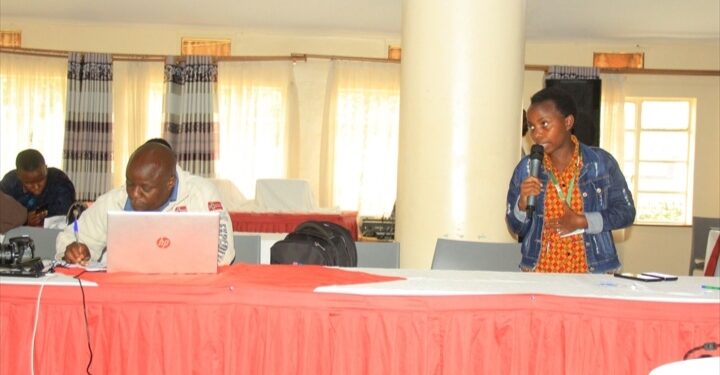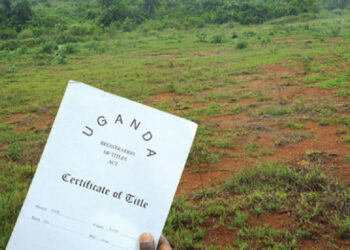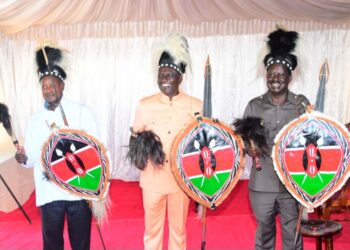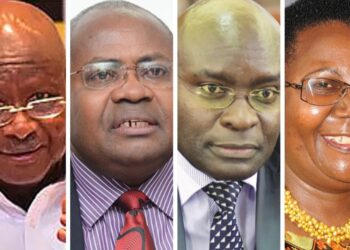Kabale, Uganda – In a passionate plea for justice and accountability, Scorah Tumwebaze, Programs Officer at Bwindi Mgahinga Conservation Trust, has called upon the government to investigate organizations working to improve the standards of the marginalized Batwa communities.
Speaking at a dialogue meeting organized by the Equal Opportunities Commission in Kigezi, Tumwebaze expressed her concerns about the lack of tangible impact from these organizations despite substantial funding.
During the meeting, held at the White Horse Inn Hotel in Kabale, Tumwebaze emphasized the urgency of the situation and urged the government to take immediate action. She accuses the organizations of using the Batwa to enrich themselves. For over two decades, these organizations have claimed to work for the betterment of the Batwa, yet their efforts have failed to produce significant results.
The Batwa community, predominantly residing in hard-to-reach hilly terrains near the forest, currently faces immense challenges and marginalization. Traditionally, they engaged in activities such as hunting, honey collection, mushroom picking, and bamboo harvesting, which sustained both the Batwa and non-Batwa ethnic communities. However, the designation of the Echuya forest as a central government reserve, compounded by extensive encroachment, has severely restricted the Batwa’s access to these resources.
The Batwa have been excluded from decision-making processes concerning the forest, resulting in their displacement without consultation or compensation. This has led to a substantial portion of the Batwa population becoming landless, trapped in extreme poverty, and forced to live as squatters on lands owned by non-Batwa individuals. With limited alternative protein sources available, the Batwa have been pushed into illegal hunting within the forest, further exacerbating their precarious situation.
Moreover, the forest holds significant cultural importance for the Batwa, who engage in religious rituals and sacrifices to honor their gods. The exclusion from their ancestral lands and traditions has had profound effects on their social fabric and well-being.
The dire circumstances faced by the Batwa epitomize the extent of their marginalization, internal displacement, and environmental refugeedom. Immediate attention is needed to address their plight, beginning with the recognition of their rights and the provision of alternative livelihood opportunities. Comprehensive development programs, tailored specifically to the unique needs of the Batwa, must be implemented to uplift their living standards and ensure their integration into society.
The government must act swiftly to ensure equal opportunities for progress, development, and representation for the Batwa community. Investigating the activities of organizations claiming to work for their benefit is a crucial step towards holding them accountable and ensuring that the Batwa’s needs are met. It is imperative that justice is served and that the Batwa are granted the dignity and respect they rightfully deserve.
The Batwa community, together with advocates like Scorah Tumwebaze, reminds us of the importance of fighting for marginalized communities, lest we risk being marginalized ourselves. The time for change is now, and the government’s prompt action is crucial in forging a more inclusive and just society for all Ugandans.
Do you have a story in your community or an opinion to share with us: Email us at editorial@watchdoguganda.com













